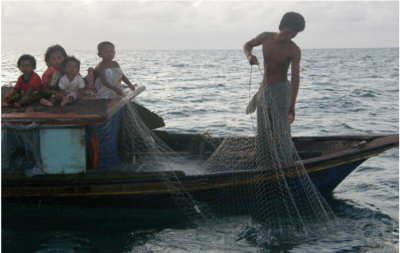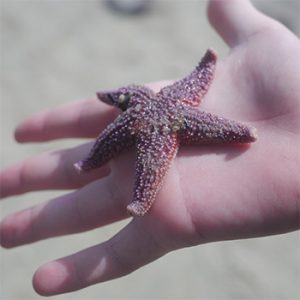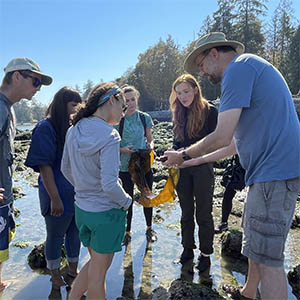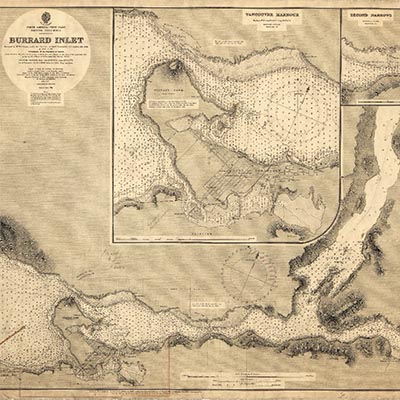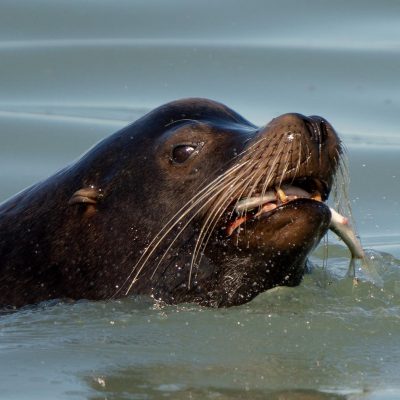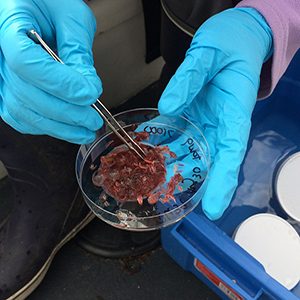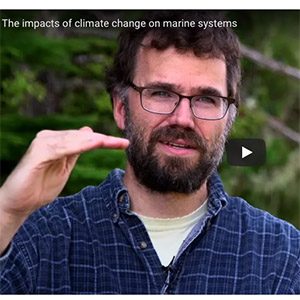Breaking down research silos to understand a shifting Salish Sea
The Sentinels of Change Alliance shows what’s possible when collaboration is a foundation, not an add-on
Exploring hypothetical transfer of harmful fisheries subsidies to support low-income fishers
Not only a cheap and accessible food source, fish is also a source of income for low-income fishers working in fisheries. However, relying on fish is becoming a risky gamble.
Students visit Stanley Park for an intertidal tour
They saw sea stars down by the seashore…
Dr. Brian Hunt receives NSERC Discovery Grant to research the impacts of urbanization on the coastal ocean
Dr. Brian Hunt will receive an NSERC Discovery Grant for work on the impacts of urbanization on coastal oceans, specifically regarding ocean cities.
2022 Intertidal tour with Dr. Chris Harley
On Saturday, September 10th, IOF community members met coastal ecology expert, Dr. Christopher Harley, to take advantage of the receding waters and tour one of the intertidal zones at Stanley Park.
New FCRRs: Historical Ecology in Burrard Inlet and Reconstructing the pre-contact shoreline of Burrard Inlet
These two new Fisheries Centre Research Reports will help us understand the overpowering changes that colonial settlement and development has had on the marine ecosystems surrounding the Lower Mainland area of British Columbia.
Partnership between UBC researchers, marine stewards and K’ómoks First Nation spawns new microplastics findings
What they found helps illuminate the study of microplastics in the ocean, an area of pollution research that is garnering lots of attention due to the many unknowns about how these particles damage the health of organisms that ingest them.
Hakai Coastal Initiative’s Marine Food Webs Working Group
This collaborative research unit aims to understand how marine food webs operate, with a particular focus on British Columbia’s coastal ocean.
Sea Stars: the Trilogy
Dr. Christopher Harley was co-author on a recent study looking at sea star wasting disease (SSWD). He discusses the impact on the British Columbia coastline.
The impacts of climate change on marine systems
Professor and Wall Scholar, Chris Harley, shows how mussels and sea stars interact as an example of how climate change is impacting marine life on the coast of British Columbia.

